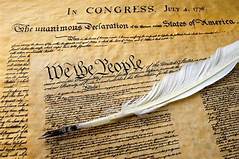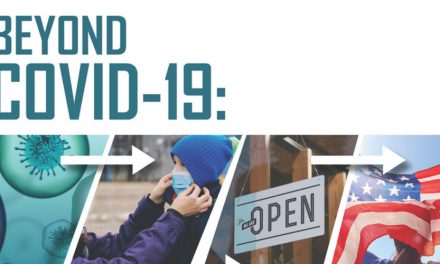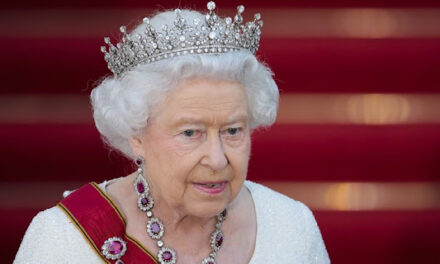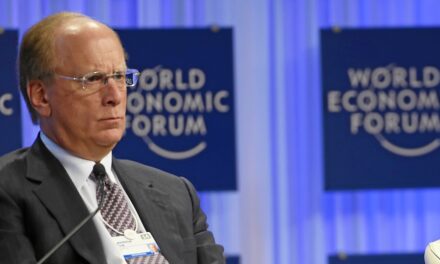LTP News Sharing:
“We hold these truths to be self-evident, that all men are created equal, that they are endowed by their creator with certain unalienable rights, that among these are life, liberty and the pursuit of happiness.”
– From the Declaration of Independence (Preamble)
The July newsletter of the Yocum African American History Association commemorates the founding of our nation, as shown below, and is in furtherance of the organization’s goal to serve the community, by providing in-depth materials to enrich the history of America and highlighting the invaluable contributions of black citizens. Please take a few minutes to read the newsletter as you enjoy your Fourth of July celebration.
__________________________________
|
Author: Frances Rice











